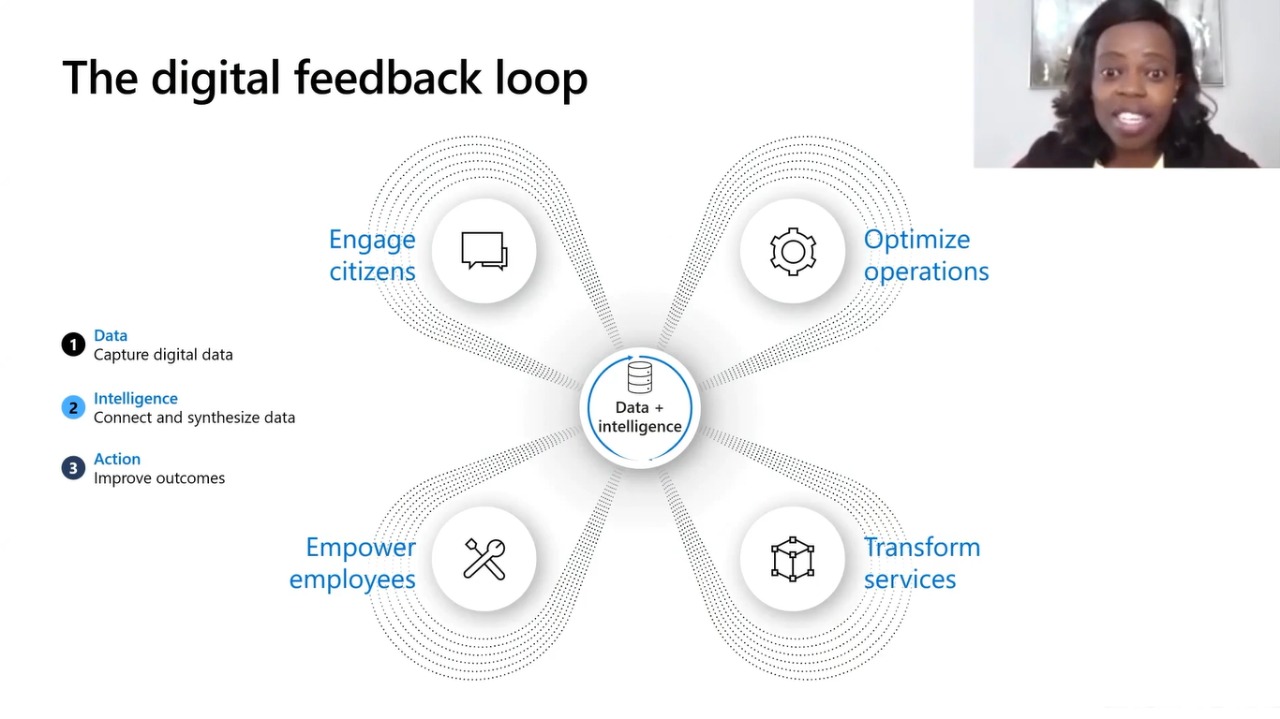advertisement
Achieving The Delicate Balance Between Data, Governance and Trust With Microsoft

Data is here with us, and its not going away any soon. The proliferation of these data continues to provide new frameworks to address the governance and access issues that have been long debated and has enhanced the pace of digitisation of government services.
For many governments, data privacy has been an ongoing debate about who owns what data, and which data should be cared for and how can it be used.
Speaking at the inaugural Africa eGov Summit organised by CIO Africa, Kendi Ntwiga Nderitu, The Country Manager at Microsoft Africa noted that Microsoft works closely with different government leaders across the world to enhance their digitisation agenda. She continued to list the provisions of digitisation.
advertisement
“Governments need to redesign structures and processes in order to be more efficient in service delivery by digitising operations,” she said adding, “The more the digitisation, the more the issuance of digital identities to citizens which then calls for security.”
Digital identity entails data trust and authorising an independent third party to manage the collection and use of the data.
The accelerated growth of technological capabilities powered by the digital era has changed how governments work and play. While these transformations have allowed for more interconnectedness, made it easier for individuals to access more services and for businesses to expand into new markets.
advertisement
“When digital identities are used wisely, it can allow governments to engage with citizens better, governments are now required to adapt regulation in an agile fashion to ensure the protection of public goods throughout endeavours of economic growth and international collaboration,” she adds.
The amount of data flowing through governments continue to increases and the pace of decision-making accelerating, data management and trust is becoming a hot topic for government leaders. Governments must continue to develop, legacy systems and regulations that can be updated from time to time in preparedness for future advancements in digital technologies.
This makes the balancing art between the needs of citizens, and stakeholders easier and more critical. Governance is still as vital, but so are the needs to democratise access to data and the trust of citizens.